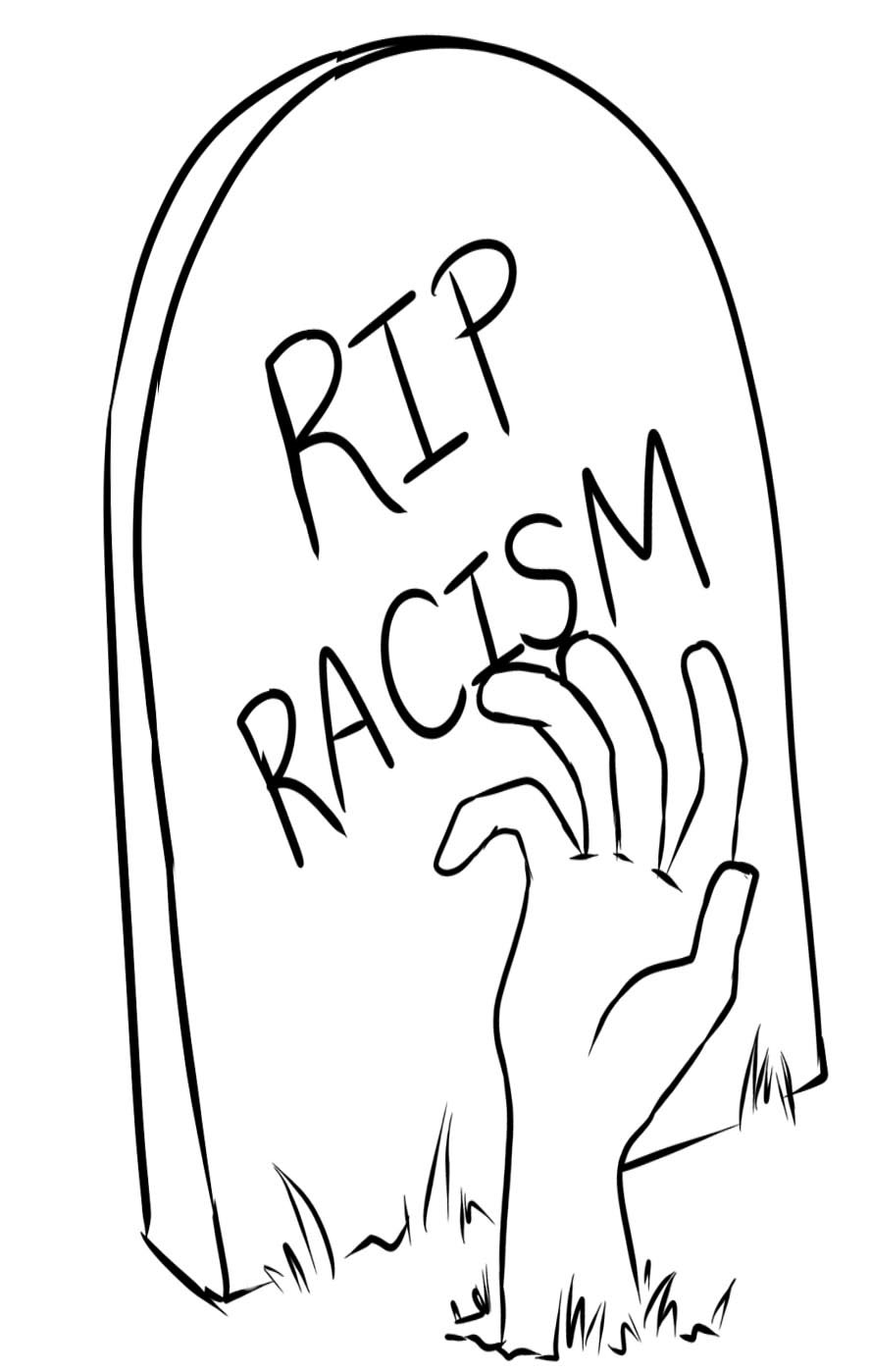The US still has a ways to go: Extend Section 5 of the Voting Rights Act to promote equality

 Famous figures such as Martin Luther King Jr., Rosa Parks and Thurgood Marshall dedicated their lives to advocating for equality and liberty in an effort to eradicate racial discrimination. One of the fruits of their labors was the Voting Rights Act of 1965, a national legislation that outlaws discriminatory voting practices; as of late, it is being challenged. On Feb. 27, Shelby County, Ala. asked the Supreme Court to overturn Section 5 of the Voting Rights Act which allows the federal government to negate new local and state voting rules that are discriminatory towards minorities.
Famous figures such as Martin Luther King Jr., Rosa Parks and Thurgood Marshall dedicated their lives to advocating for equality and liberty in an effort to eradicate racial discrimination. One of the fruits of their labors was the Voting Rights Act of 1965, a national legislation that outlaws discriminatory voting practices; as of late, it is being challenged. On Feb. 27, Shelby County, Ala. asked the Supreme Court to overturn Section 5 of the Voting Rights Act which allows the federal government to negate new local and state voting rules that are discriminatory towards minorities.
In the past, the Voting Rights Act has prevented numerous cases of unfair treatment. Section 5 stopped the implementation of discriminatory voter ID laws in Texas and South Carolina. It also halted Florida’s move to stop early voting, which would have severely impacted minorities. The provisions of Section 5 allow the federal government to intervene and redraw districts fairly.
The unfortunate truth is that racism still exists. It might take a subtler form but its presence cannot be disputed. If the act and its provisions were to be annulled, there would be less incentive for historically racist regions to be equal and just.
A ruling against the Voting Rights Act would negatively impact change.
Indeed, even small, close-to-home examples show that racism, however disguised, is still apparent.
Racist jokes and slang pepper conversation amongst unwitting high school students who don’t quite realize the effects a simple slur can have. Though unfortunate, racism is indeed prevalent on campus, which not only proves that racism still exists on campus but also that the U.S. still battles racism.
Sophomore Jessica Lee, a PALS PLUS member whose job is to promote student belonging on campus, recognizes the act’s necessity.
“I hear people joking about race… in our school,” Lee said. “[It is unbelievable] that the Voting Rights Act is even in question. There is no reason to overturn the act. [It would be] unfair.”
The Supreme Court’s decision will set the perception of racism in the U.S. from here on out.
Overall, it is an issue of belonging to one’s community, becoming a thriving member of society and upholding ideals upon which our country grows, without skin color acting as a factor. Regrettably, the U.S. has not yet reached a point where taking away this Act will prove beneficial.

